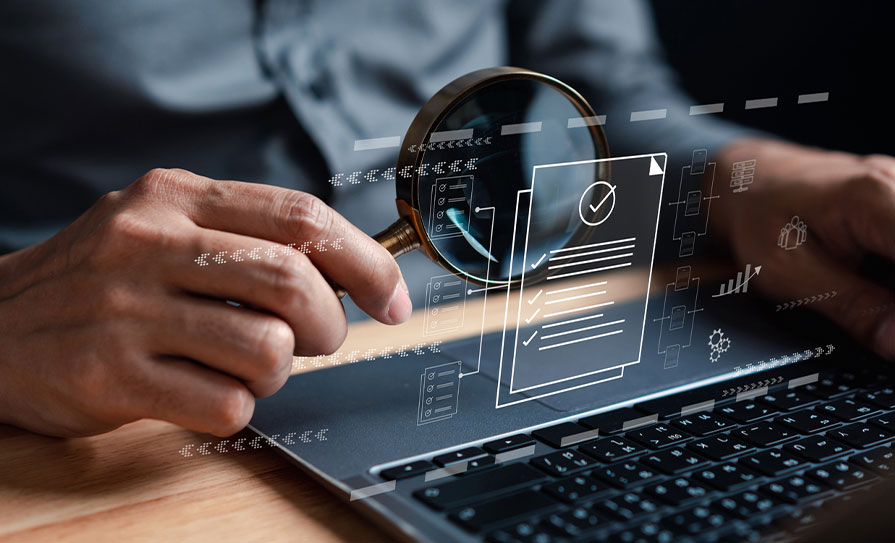The role of pharmacists in improving access to safe and quality essential medicines and medical devices is the focus of a new reference document published by the International Pharmaceutical Federation (FIP) recently.
The publication contains case studies from Australia, Egypt, Malaysia, the Netherlands, South Africa and Spain, presenting the current situation on access to essential medicines, including related regulations and the impact of pharmacists in each country.
“Access to essential medicines and medical devices is vital for managing health conditions, preventing diseases, and improving wellbeing. Essential Medicines Lists serve as a foundation for promoting equitable access to healthcare and addressing the most pressing health needs within a population. This document highlights the importance of access to essential medicines. It also outlines the role of FIP in improving access and addressing the challenges and issues that exist around it,” said Mr Lars-Åke Söderlund, FIP Vice President and co-chair of the FIP committee that developed the reference document.
The reference document also looks at capacity-building for improved access to pharmaceutical expertise, including new roles for pharmacists in light of developments in public health and technology.
“Access to medicines, devices and services is FIP Development Goal 18. Access to medicines is integral to achieving universal health coverage. This document can be used as an advocacy tool for overcoming barriers hindering access,” Mr Söderlund added.







